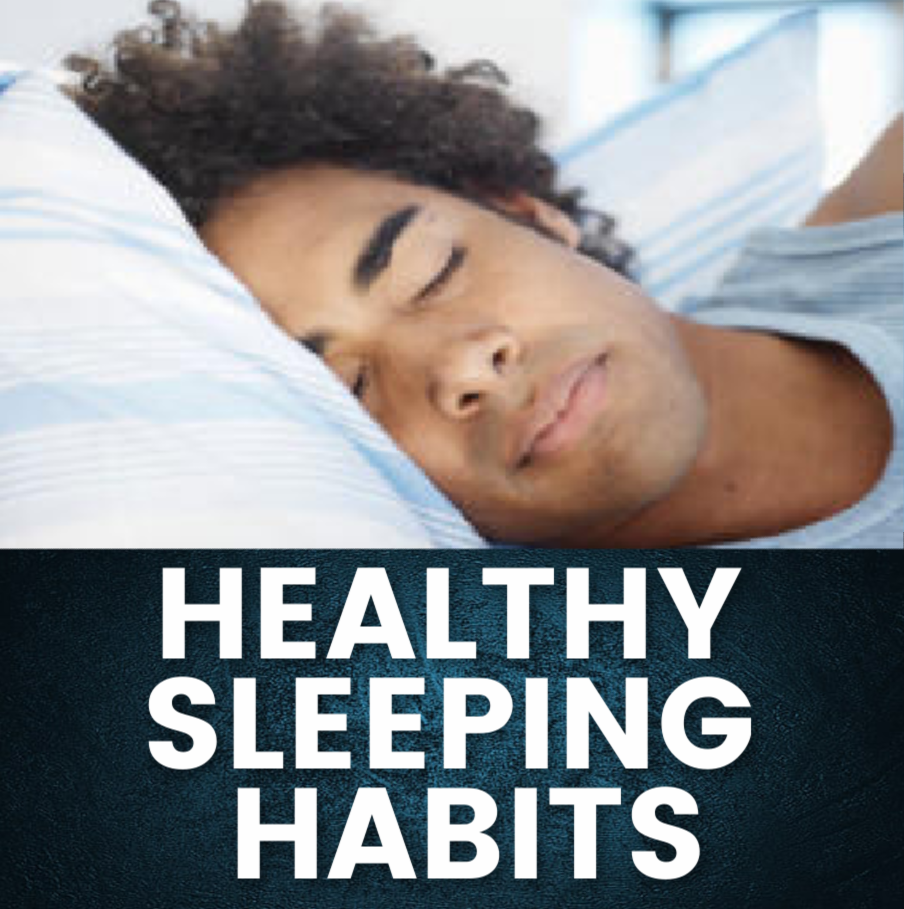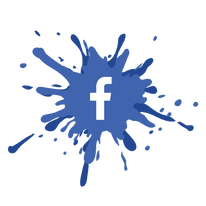|
Keep a consistent bedtime
The migraine brain hates change, so keeping a consistent bedtime helps your body keep operating business as usual. Move Against Migraine moderator Rachel shared that “Strict bedtimes and wake times” are her top tips. Some people use a sleep app that reminds them to get ready for bed at 10:30 p.m. and wake up at 7 a.m. Others have also experimented with turning off their device notifications and dimming their lights an hour before her bedtime to signal the body to get ready for sleep. Regulate your bedtime routine What you do before your bedtime is just as important as getting a full night’s sleep. Some people use essential oils, and journal or reads uplifting books before bed every night. The American Migraine Foundation recommends eating no later than four hours before bedtime and urges people to limit fluids within two hours of bedtime. Prioritize better sleep Many components go into creating good, restful sleep. An addition of a weighted blanket may increase your average sleep time by three hours, and many people swear by certain pillows and positions to fall asleep more quickly. As you incorporate new tactics and practices in search for a good night’s sleep, record what works for you in your headache diary so you can easily replicate your success. Address potential sleep apnea Sleep apnea is a condition that causes a temporary lack of breathing when asleep, and obstructive sleep apnea is a migraine trigger that also contributes to poor sleep routines. Like migraine, sleep apnea often goes undiagnosed, which is why it’s imperative that patients ask their doctors to screen them for the condition. A good night’s sleep is essential to migraine self-care and a key part of setting your body up for success. |
|





